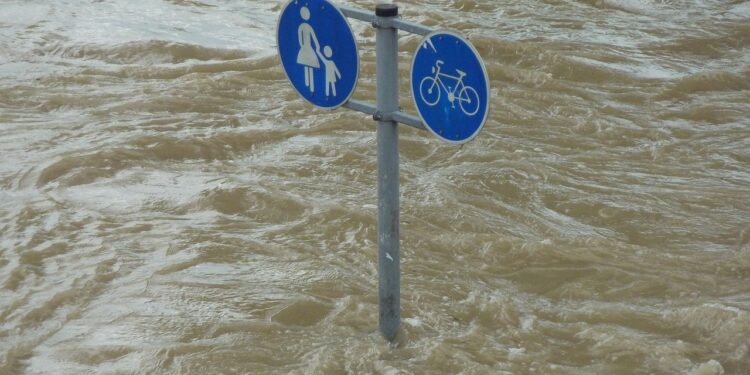On Tuesday, emergency responders scrambled to assess the number of people still missing after a dam collapse in eastern Sudan, marking yet another disaster for a country already shattered by over 500 days of relentless war. The Arbaat Dam’s collapse on Sunday has claimed the lives of at least 30 individuals, with dozens more feared dead. This catastrophe is just the latest in a series of devastating floods hitting Sudan, exacerbated by a particularly intense rainy season this year, which has arrived earlier and heavier than usual.
Why It Matters
Sudan, already suffering from one of the world’s most severe hunger and displacement crises, now faces even greater challenges. The floods have further hampered aid deliveries, which were already difficult due to the ongoing conflict between the Sudanese army and the rival paramilitary group, the Rapid Support Forces.
“Even before the dam burst, people were trapped by the flooding and couldn’t receive any supplies from Port Sudan. Now, the aid that’s coming in can’t reach those in need,” said Mohamed Othman, a community leader from one of the flooded villages. “Children are starving, and the roads are impassable,” he added grimly. In the aftermath of the dam collapse, a lone excavator has been seen ferrying people and essential supplies across the waterlogged terrain in Arbaat.

What They Are saying
The widespread flooding has forced around 118,000 people from their homes and affected over 300,000 across Sudan. The floods have not only destroyed homes but have also triggered outbreaks of diseases like cholera. Jens Laerke, a spokesperson for the UN’s Office for the Coordination of Humanitarian Affairs (OCHA), highlighted the dire situation: “We don’t know how many are unaccounted for in Arbaat. It’s very difficult to get information from there.”
In the war-torn Darfur region, the floods have blocked critical food deliveries, including the first shipment from the World Food Programme to the famine-stricken town of Kreinik since the reopening of the Adre border crossing for humanitarian aid. The rains have destroyed a bridge leading to the town, leaving thousands of displaced people stranded with little food. The World Food Programme reported that the first shipments since mid-July had finally crossed into North Darfur via the al-Tina border, having been delayed by flooding.
Meanwhile, in Tokar, located in the Red Sea state, at least 500 households have been displaced as people wade through rivers in what were once their neighborhoods. Heavy rains have also pounded parts of Northern Sudan overnight, causing roofs to collapse and neighborhoods to flood, although official information on the extent of the damage remains scarce.
Bottom Line
As Sudan struggles under the weight of war and natural disasters, its people are left to wonder how much more they can endure before the world takes notice.

















